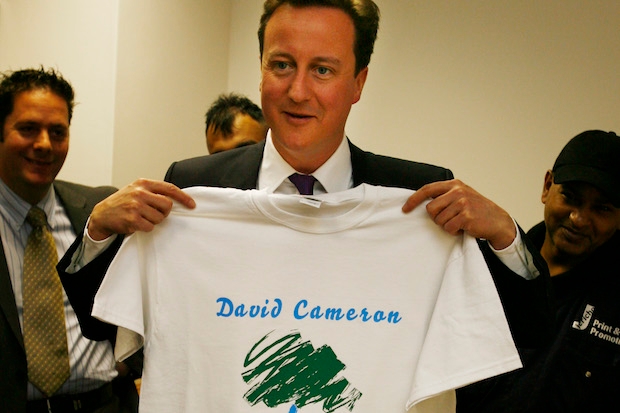This week, David Cameron will announce the creation of a series of policy commissions charged with drawing up policies for the next Tory manifesto. Strikingly, every commission will include on it the chosen representative of the Tory backbenches.
The groups will, as I say in the Mail on Sunday, be made up of the relevant Cabinet Minister, a member of the Prime Minister’s policy board and the MP in charge of the 1922’s policy work in this area. The Downing Street Policy Unit will provide the secretariat.
Number 10’s hope is that by bringing MPs into this process, they’ll feel more loyal to the manifesto once it is produced. As one source puts it, Cameron is ‘reaching out and hugging people close’.
But this strategy is not without its risks. Several of the 1922’s policy groups are headed by members of the uncompromising, intellectual right—Edward Leigh and William Hague discussing foreign policy will be interesting to say the least . Second, there’s the risk of a backlash if all their ideas end up on the cutting room floor.
Overall, though, it is sensible to try and bring the parliamentary party into this process. It recognises that maintaining party unity will require Cameron to consult his own MPs more.
Inside Number 10, they now regret that they didn’t formally seek the parliamentary party’s approval of the coalition agreement. They believe that if they’d done this, they would have made MPs feel more ownership of it. If there is to be another coalition after the next election, the Tory leadership knows it will have to ask its MPs to vote on it.







Comments